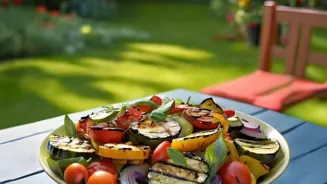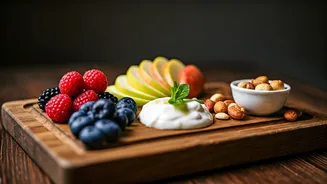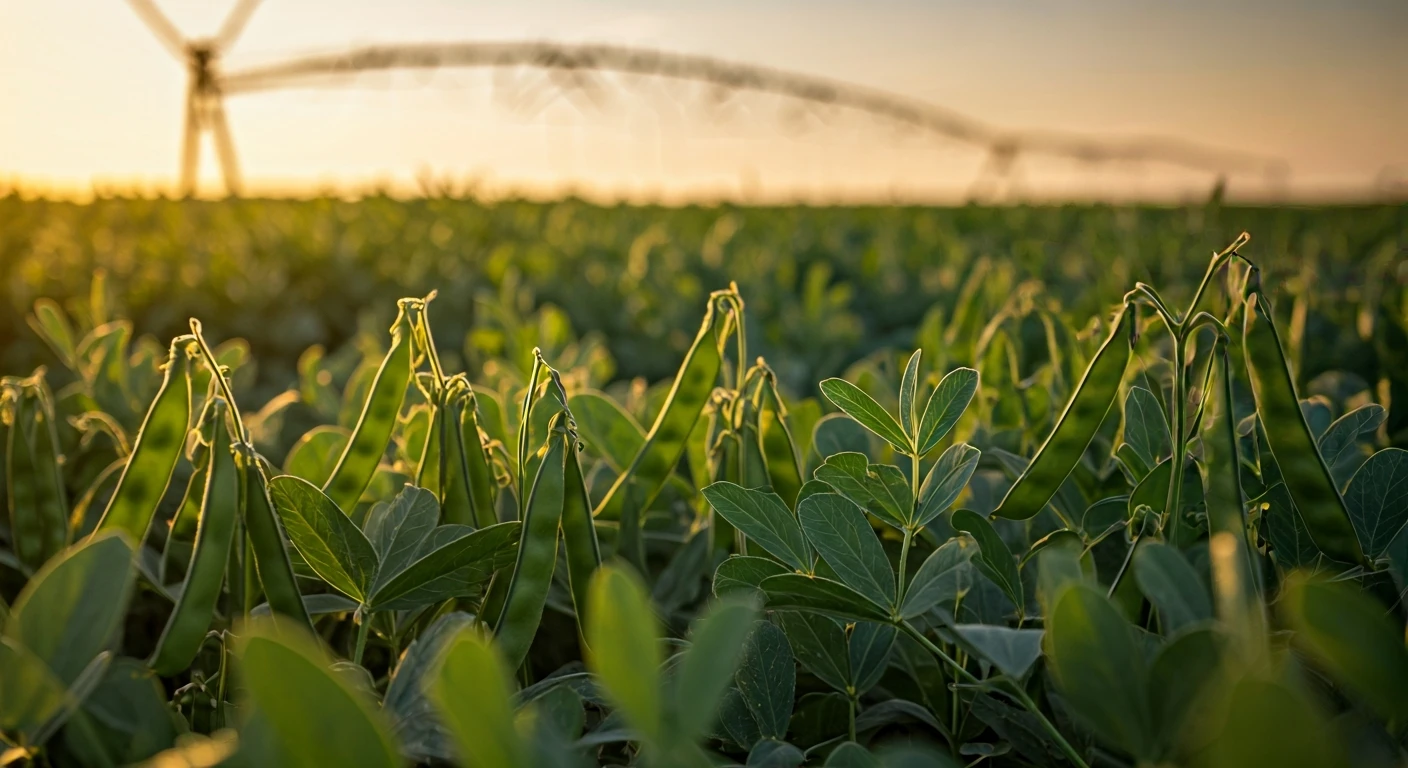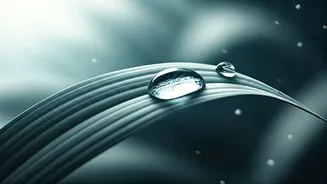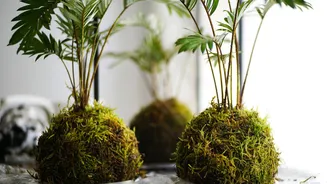Unveiling 7 Gardening Myths Hindering Your Plants' Growth! Let's bust these myths and help your garden thrive. Read more!
Gardening, for many Indians, is more than just a hobby; it's a connect to nature,
a stress-buster, and a way to bring fresh produce and beautiful flowers into our homes.
But often, well-intentioned advice gets passed down through generations, turning into gardening myths that can actually hinder your plants' growth! So, let's bust some common myths and make sure your garden flourishes.
Forget what your aunty told you about these things – modern gardening is about science-backed techniques, not just old wives' tales! We're here to get you growing smarter, not harder.
Urban gardening in small spaces is booming in India, showcasing productivity and beauty
Many folks think you need acres of land to have a decent garden. Absolutely not! That's one big khota sikka. Urban gardening is booming in India, and people are growing everything from tomatoes to mint in small spaces.
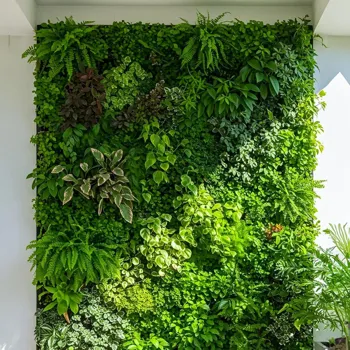
Balconies, window boxes, rooftops – these are all potential gardens waiting to happen. The key is choosing the right plants for your available space and light conditions. Think about vertical gardening too!
You can use old pallets, hanging baskets, or even create a green wall to maximize your gardening area. Don't let the lack of a backyard stop you from enjoying the joys of growing your own plants.
Plus, container gardening gives you control over the soil quality and lets you move plants around to catch the best sunlight. So, ditch this myth and start small – a few pots of herbs on your kitchen windowsill is a great place to begin.
You can also get creative by using recycled containers like old buckets or plastic bottles. Remember, small gardens can be just as productive and beautiful as large ones! The secret is to plan carefully, choose the right plants, and give them the attention they need.
This will help you enjoy the satisfaction of growing your own food and flowers, no matter how limited your space may be. So what are you waiting for! Get your hands dirty, learn new skills and do what you love.
Overwatering kills plants, water deeply but infrequently
We Indians, we love to give, and sometimes we think that applies to watering plants as well! Truth is, overwatering is a surefire way to kill your plants faster than almost anything else.
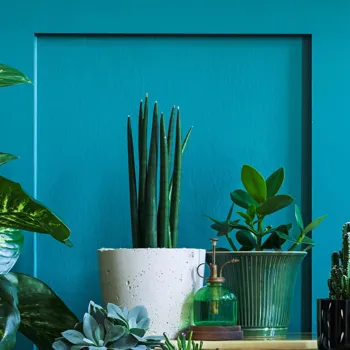
Roots need oxygen, and when soil is constantly soggy, the air spaces are filled with water, causing the roots to rot. Signs of overwatering include yellowing leaves, wilting (even when the soil is wet), and the presence of fungus gnats. The best way to water is deeply but infrequently.
Let the top inch or two of soil dry out before watering again. Also, consider the specific needs of your plants – some, like succulents, prefer drier conditions than others. Instead of just blindly watering every day, check the soil moisture first.
Stick your finger into the soil – if it feels dry, it's time to water. If it feels moist, wait a day or two. Using well-draining soil is also crucial, especially for container gardens. Adding perlite or vermiculite to your potting mix can improve drainage and prevent overwatering.
So be smart and save water and save your plants!
Organic fertilizers benefit plants and the environment
The marketing guys have done a number on us here! You don't need to shell out big bucks for fancy fertilizers to have a thriving garden. In fact, many chemical fertilizers can actually harm your soil in the long run.
Organic fertilizers, like compost, vermicompost, and cow manure, are excellent sources of nutrients and also improve soil structure. You can even make your own compost at home using kitchen scraps and yard waste!
Plus, things like banana peels and eggshells can be used as natural fertilizers for specific plants. The benefits of using organic fertilizers are unmatched. They release nutrients slowly, which means your plants get a steady supply of food over time.
They also improve soil fertility and help to build a healthy ecosystem in your garden. Composting is not just good for your plants; it's also good for the environment, as it reduces the amount of waste sent to landfills. Save some money and save the environment.
Pruning is essential for healthy plant growth; don't fear it
Many gardeners are scared to prune their plants, thinking they'll ruin them! But pruning is essential for healthy growth. It encourages new growth, improves air circulation, and helps to shape your plants. Don't be afraid to snip away dead, diseased, or crossing branches.
A good pair of pruning shears is a worthwhile investment. Different plants require different pruning techniques, so do a little research before you start. For example, some plants should be pruned after they flower, while others should be pruned in the dormant season.
Proper pruning can dramatically improve the health and appearance of your plants. It helps them to produce more flowers and fruits, and it also prevents diseases from spreading. So, don't let pruning intimidate you. It's a simple skill that can make a big difference in your garden.
Start practicing now!
Beneficial insects aid natural pest control in gardens
While some pests can wreak havoc on your plants, not all insects are enemies. Many insects are beneficial, preying on harmful pests and pollinating your flowers and vegetables. Ladybugs, for example, are voracious eaters of aphids, while bees are essential for pollination.
Instead of reaching for harsh chemical pesticides, try attracting beneficial insects to your garden by planting flowers they love, like marigolds and sunflowers. You can also use organic pest control methods, like neem oil, to control harmful pests without harming beneficial insects.
Creating a balanced ecosystem in your garden is the key to natural pest control. Remember, a healthy garden is one that is teeming with life! Chemical pesticides can disrupt this balance and harm the environment. So, embrace the good bugs and let them help you keep your garden healthy and thriving.
Beginner gardeners need to understand plant requirements for success
This is a common mistake many beginner gardeners make! Each plant has specific requirements for sunlight, soil type, and climate. Planting a sun-loving plant in a shady spot or planting a winter vegetable in the peak of summer is a recipe for disaster.
Understanding your local climate and the specific needs of your plants is crucial for success. Check the seed packet or plant label for information on sunlight requirements, watering needs, and ideal planting times.
You can also consult your local agricultural extension office for advice on what to plant and when. Planning your garden based on the seasons and the specific needs of your plants will greatly increase your chances of success. And besides you may have to buy twice if your plants did not survive.
AI Generated Content. Glance/InMobi shall have no liability for the content